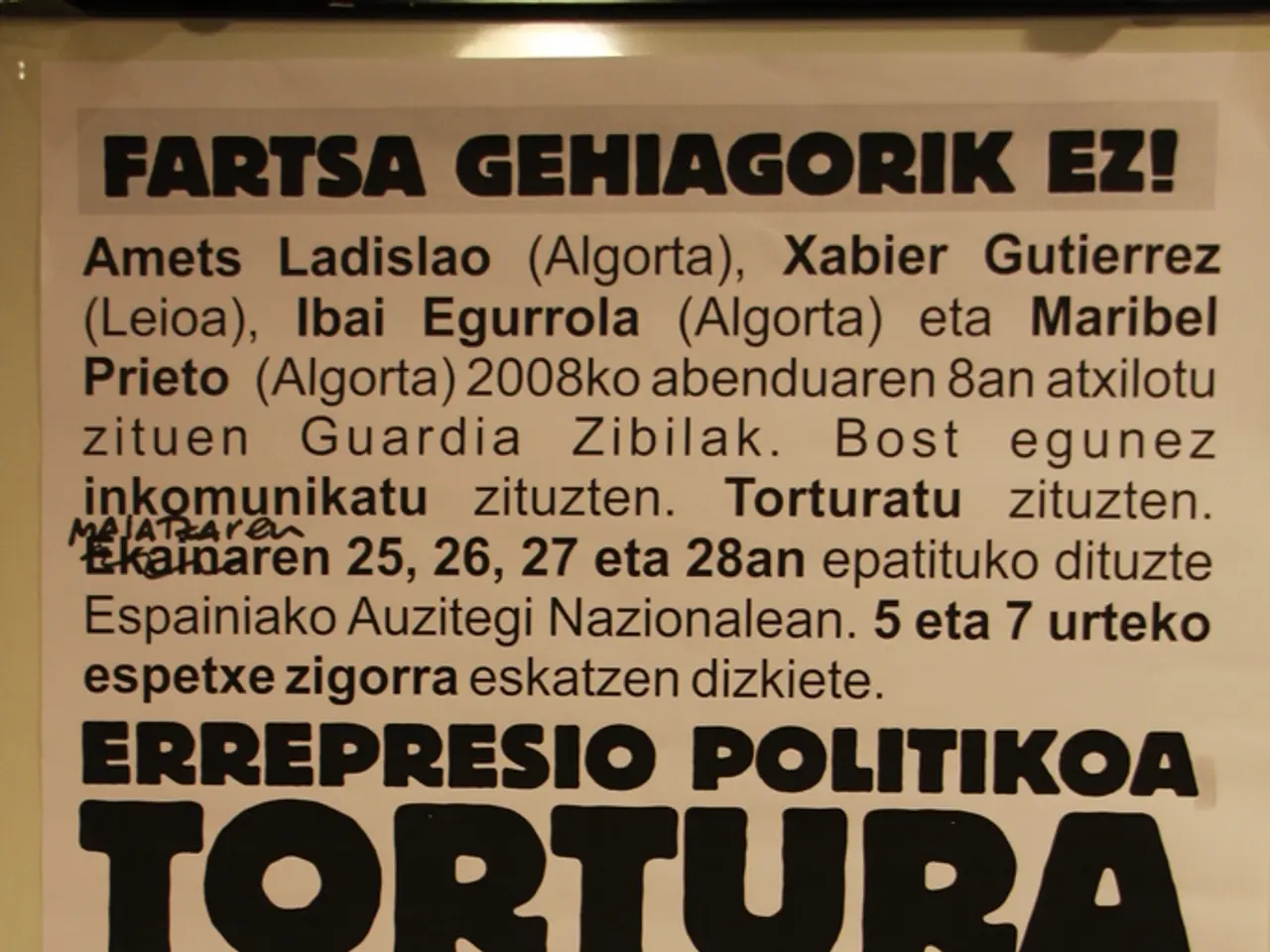Navigating Divorce Procedures in Spain: A Comprehensive Walkthrough
In Spain, foreigners going through a divorce face a unique set of challenges. This article provides an overview of the divorce process for expats in Spain, outlining the necessary documents, steps involved, costs, and additional considerations.
## Required Documents
Expats seeking divorce in Spain must prepare several documents. These include a valid passport, a legal copy of the marriage certificate, birth certificates (if the marriage was registered abroad), a divorce petition prepared by a lawyer, proof of residency (if applicable), ID documents such as the NIE (foreigner ID number), certified translations for any documents not in Spanish, and notification of the spouse.
## Divorce Process
The divorce process in Spain consists of several stages. First, the divorce petition is filed with the court. The spouse must then be notified and given the opportunity to respond. If an agreement is reached, the divorce can proceed uncontested. If not, it may go to court. The court will review the petition, any agreements or disputes, and issue a final divorce decree once all issues are resolved. The divorce must then be registered in the Civil Registry.
## Costs
The costs of an uncontested divorce in Spain can range from €150 to €600 for a court and €150 to €300 for a notary, with additional costs for translations and legalisations for foreigners. Contested divorces can be significantly more expensive, with lawyer fees ranging from €500 to €2,000 per person, court fees between €100 and €500, and additional costs for property appraisers or custody evaluators.
## Additional Considerations
Divorce can impact a foreigner's residency status in Spain, especially if residency was obtained through marriage. It is advisable to consult with a legal expert to understand the implications. If Spanish is not spoken, an interpreter may be required during proceedings. Seeking legal counsel from a lawyer experienced in expat divorce cases in Spain is highly recommended.
In a contested divorce, one party submits a divorce request to the Family Court. For help with divorce in Spain, you can contact the Civil Registry, local Juzgado de Familia, sworn translators, your embassy, or the Getting Divorced Guide Spain. If your marriage needs to be recognized in Spain, additional costs for apostilles and translations may be required.
In an uncontested divorce, the divorce agreement outlines how assets are split, child custody arrangements, child support, alimony, and who stays in the family home. After the divorce, you need to register the divorce in the Civil Registry, update your ID, passport, or other records, and may need to notify the authorities in your home country.
Contested divorces can take anywhere from 6 months to 2 years, depending on the complexity of the case and the court's backlog. Uncontested divorces can be completed in 1-2 weeks through a notary or 1-3 months through a court. If children are involved, their birth certificates are required.
In conclusion, navigating divorce as a foreigner in Spain requires careful planning and preparation. By understanding the process, the necessary documents, and the associated costs, expats can make informed decisions and ensure a smoother transition.
Expats battling personal-finance issues during a divorce in Spain may want to be aware of the cost implications. An uncontested divorce could cost between €150 to €600 for a court and €150 to €300 for a notary, with additional costs for translations and legalisations. Contested divorces can be significantly more expensive, with lawyer fees ranging from €500 to €2,000 per person. Personal-finance management in the aftermath of the divorce also requires updating various records, including ID, passport, and other documents.




